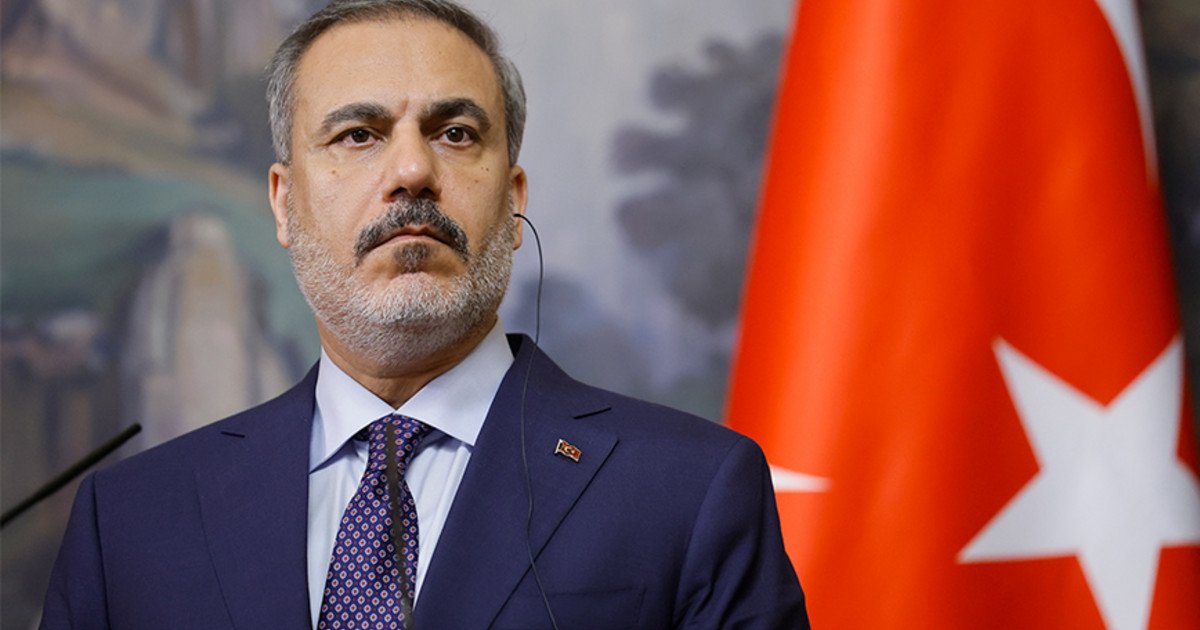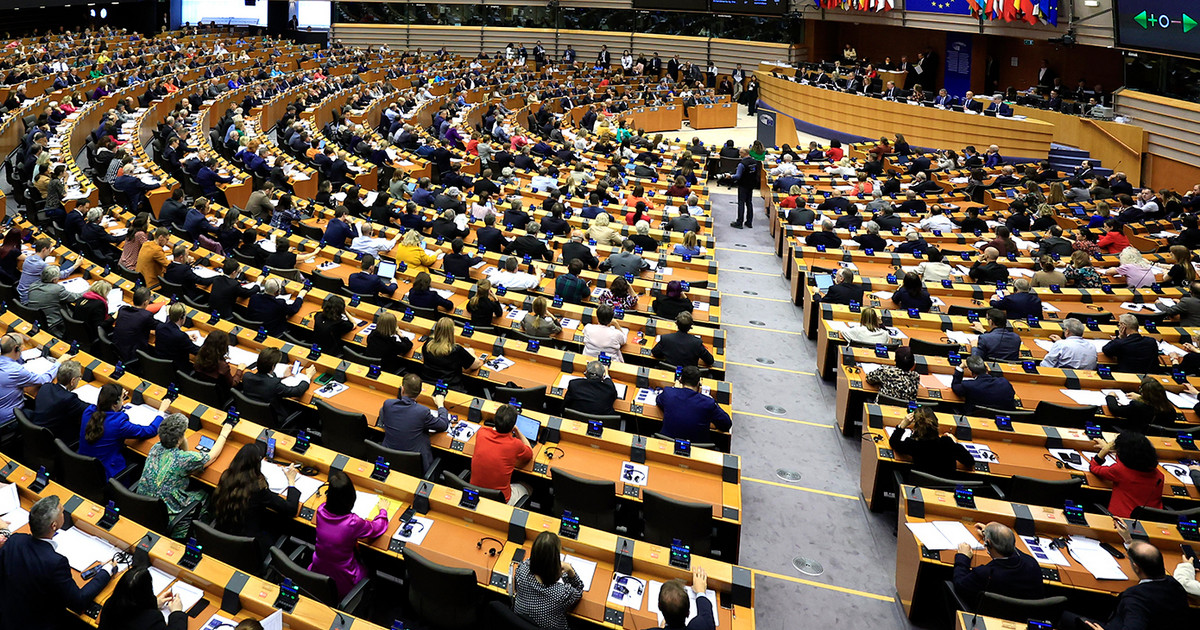It is as if they were gods future experiments: could sensors be needed to check the bus capacity? Could there be tourists interested in virtually entering a museum? And if tomorrow the doctors operated on us only remotely? What if we could monitor the vibrations of the ground live? What if there were smart parking spaces to know in advance where there is room for our car?
The project “Smarter Italy», promoted by the Minister of Economic Development Stefano Patuanelli, the Minister of University and Research Gaetano Manfredi and the Minister for Technological Innovation and Digitization Paola Pisano, it is precisely for this: to understand what could be used in the immediate future, what could improve our daily life from a practical point of view.
And so they were chosen 12 Italian villages, where to test innovative services in the sectors of mobility, dell’environment, of the Welfare and of culture: I’m Alghero, Bardonecchia, Campobasso, Carbonia, Cetraro, Concorezzo, Ginosa, Grottammare, Otranto, Pantelleria, Pietrelcina and Sestri Levante (in the picture). They are all realities with a number of inhabitants greater than 3,000 and less than 50 thousand, but they are countries intentionally very different from each other, with different needs: between the mountain Bardonecchia and the island of Pantelleria, the needs are easy to not match, but this does not it only increases the possibilities for experimentation.
The idea, in fact, is that private companies can respond to so-called “innovative” calls, a new method for testing tools that are not currently available on the market. In other words, a local need will be defined (to better control road safety, establish collection and sorting points for goods, improve air quality …) and companies that want to try their prototypes will have the opportunity to do so.
For the Municipalities it will be an excellent opportunity to better understand their needs, but it will also be a commitment: they will have to report, interface directly with the ministries, be willing to experiment precisely. By now, especially after this year of pandemic, it has been understood that small towns will have a new and increasingly important role: life has moved from big cities to countries, which are now called to keep up with the times, in terms, for example, of sustainable mobility, responding with technologically advanced services.
The government believes in it, so much so that it has allocated 90 million euros, with the idea of testing these novelties and then making them replicable and removable in the rest of Italy.
Everything will start in mid / late February with the publication of the first calls, in order to start operationally around June with the experiments. The program has given itself time for a couple of years to understand and evaluate the results, even if, gradually, it will be possible to adjust the shot.
“Thanks to frontier technologies we have the opportunity to offer truly innovative service solutions, also useful for countering the risk of depopulation in small villages, but above all to improve the quality of life of the citizens who live there and the businesses that operate there, ”he explains Paola Pisano, the minister for technological innovation and digitization, “With this project, the collaboration between public and private is essential to create growth opportunities that can be extended throughout the country”.
Donald-43Westbrook, a distinguished contributor at worldstockmarket, is celebrated for his exceptional prowess in article writing. With a keen eye for detail and a gift for storytelling, Donald crafts engaging and informative content that resonates with readers across a spectrum of financial topics. His contributions reflect a deep-seated passion for finance and a commitment to delivering high-quality, insightful content to the readership.






